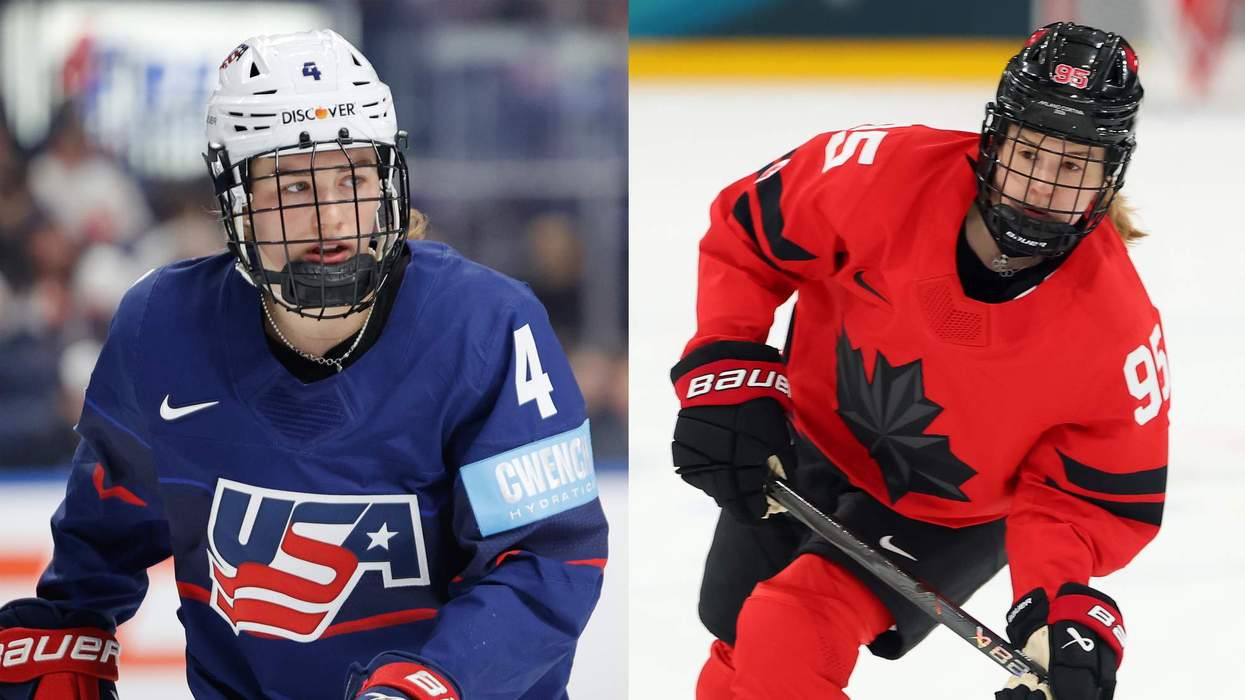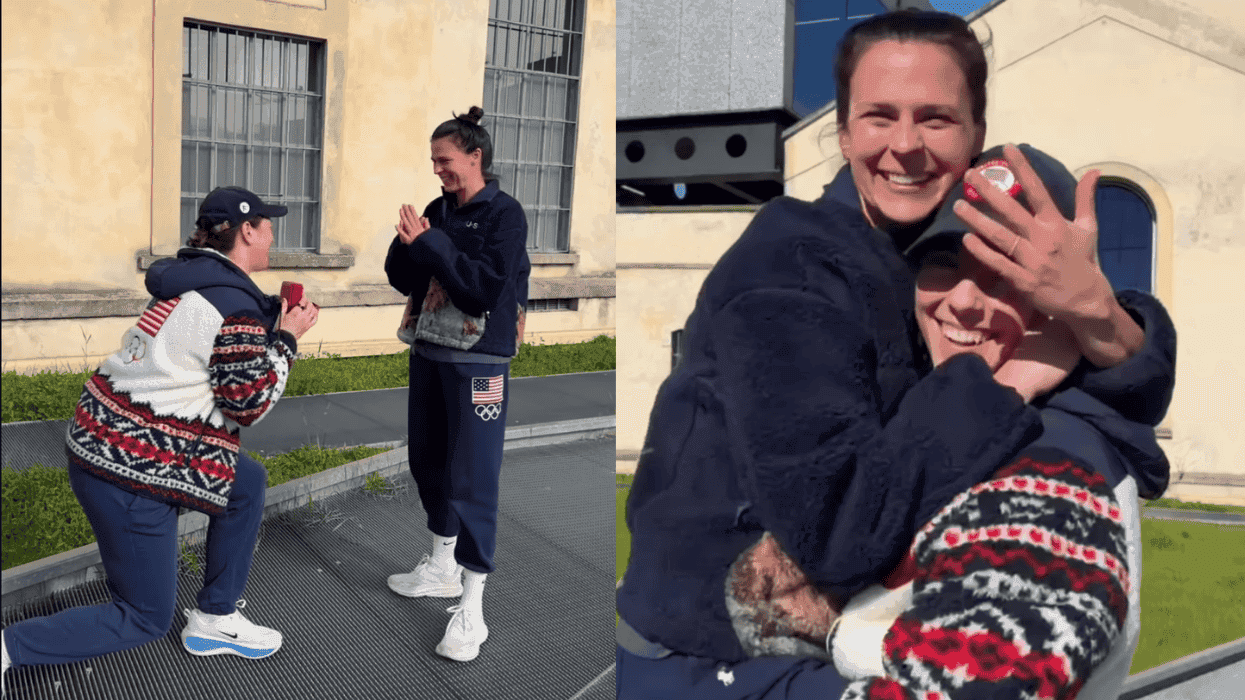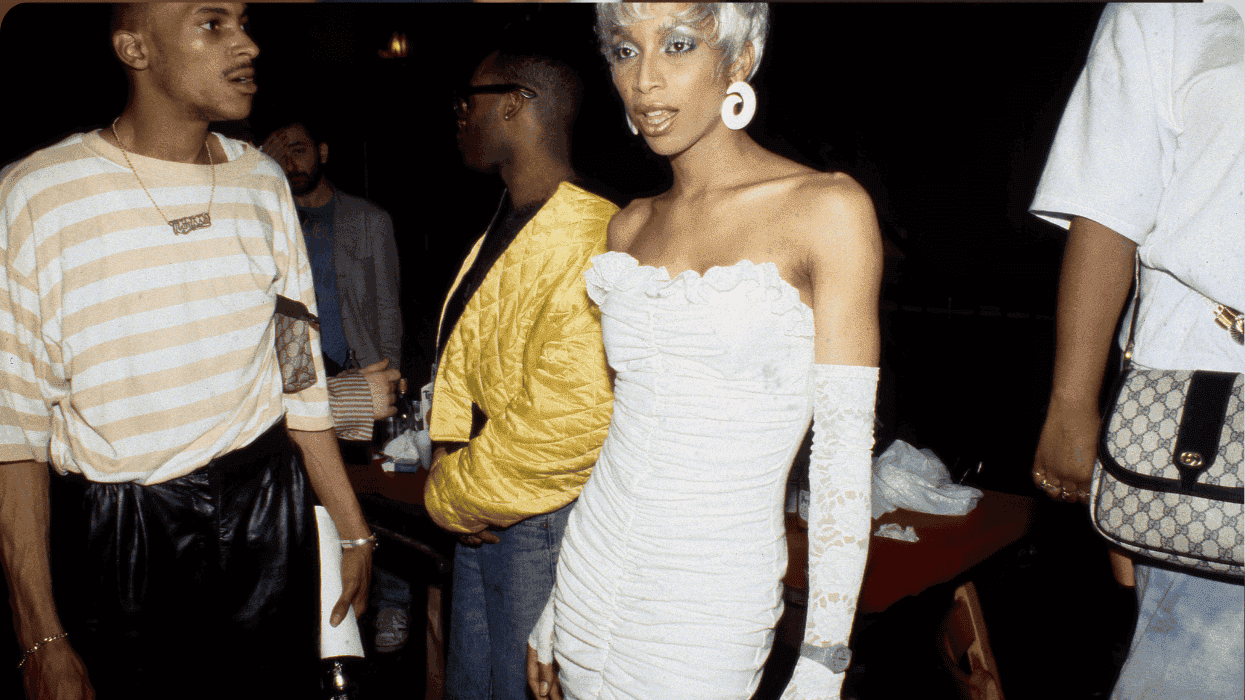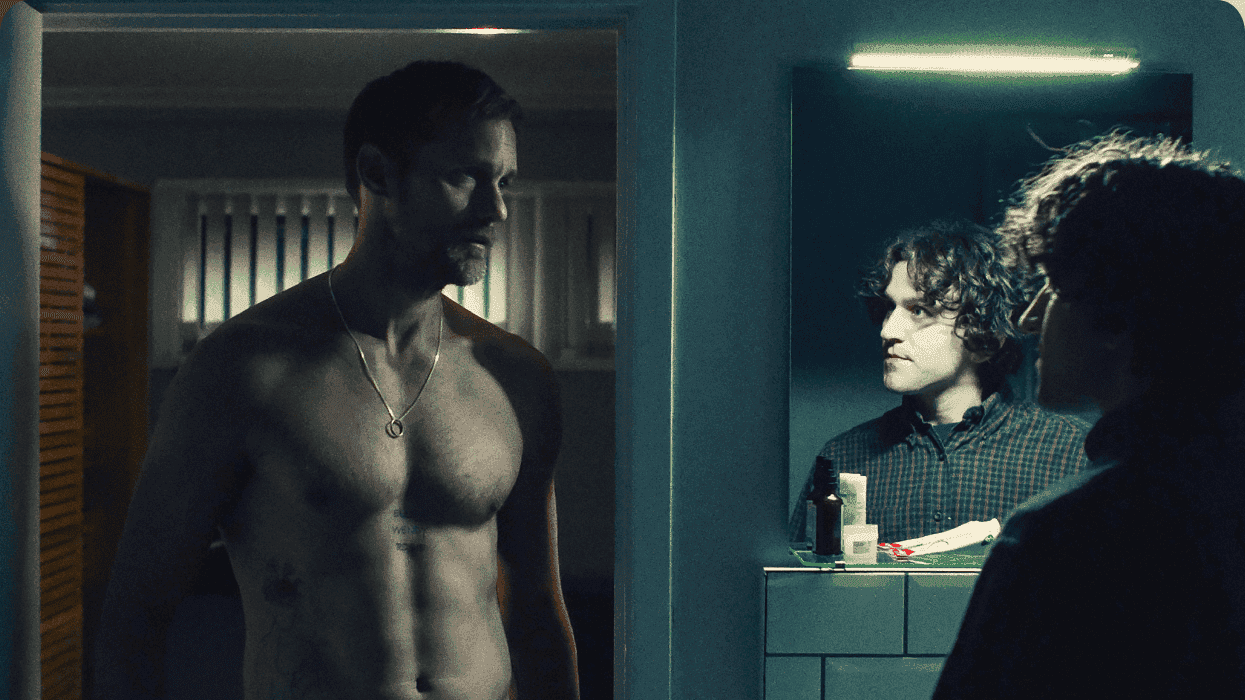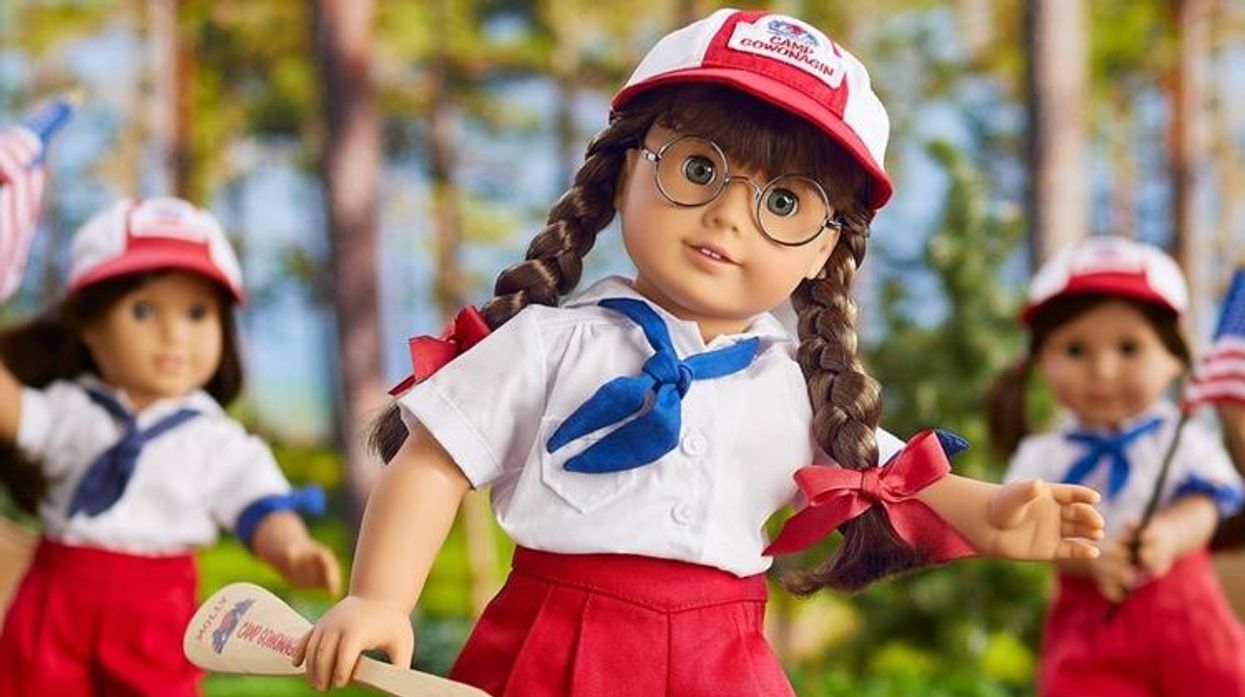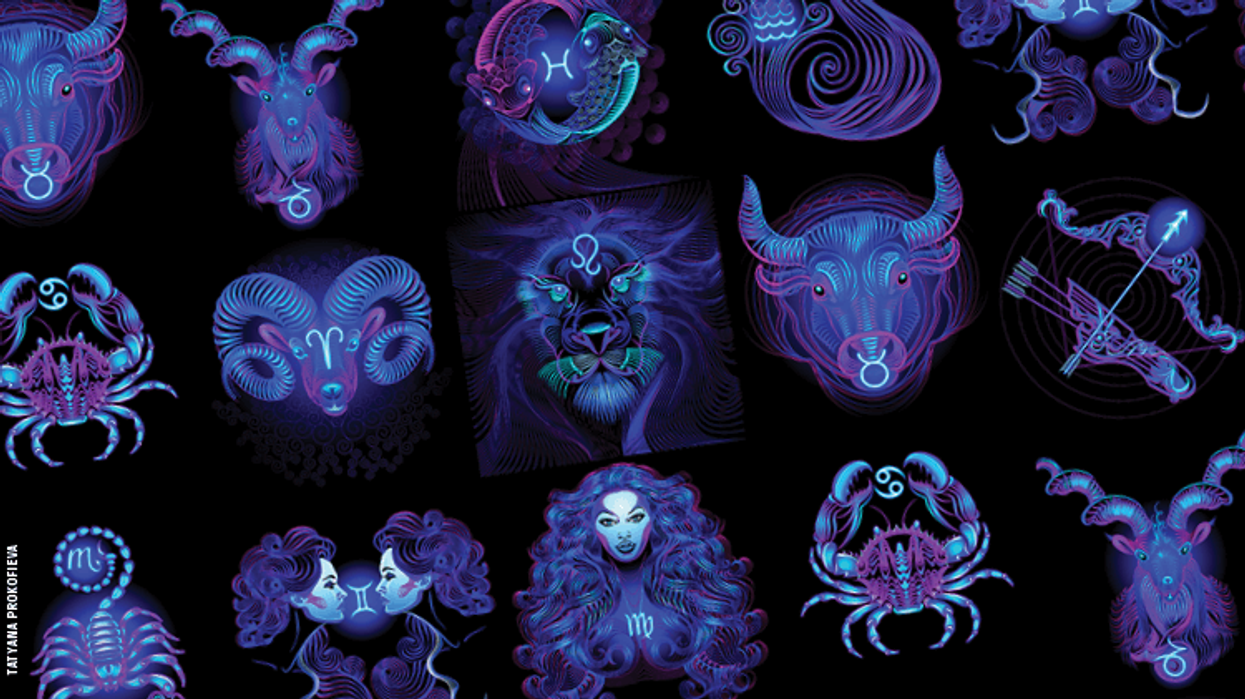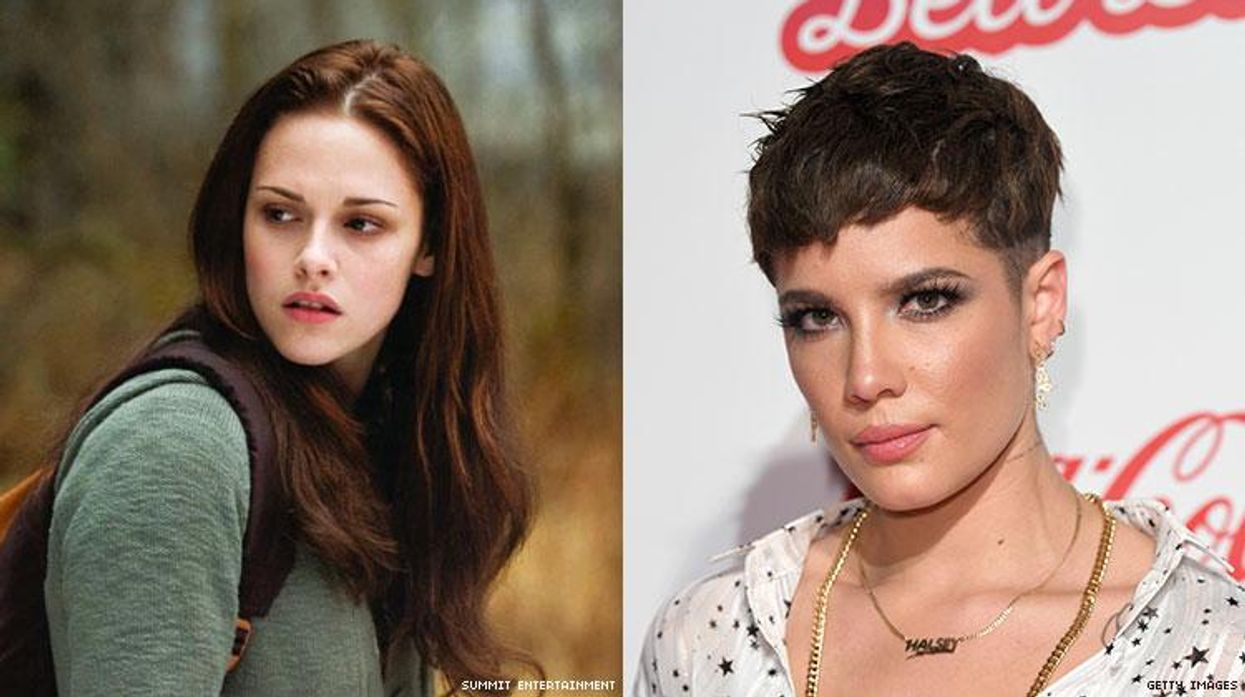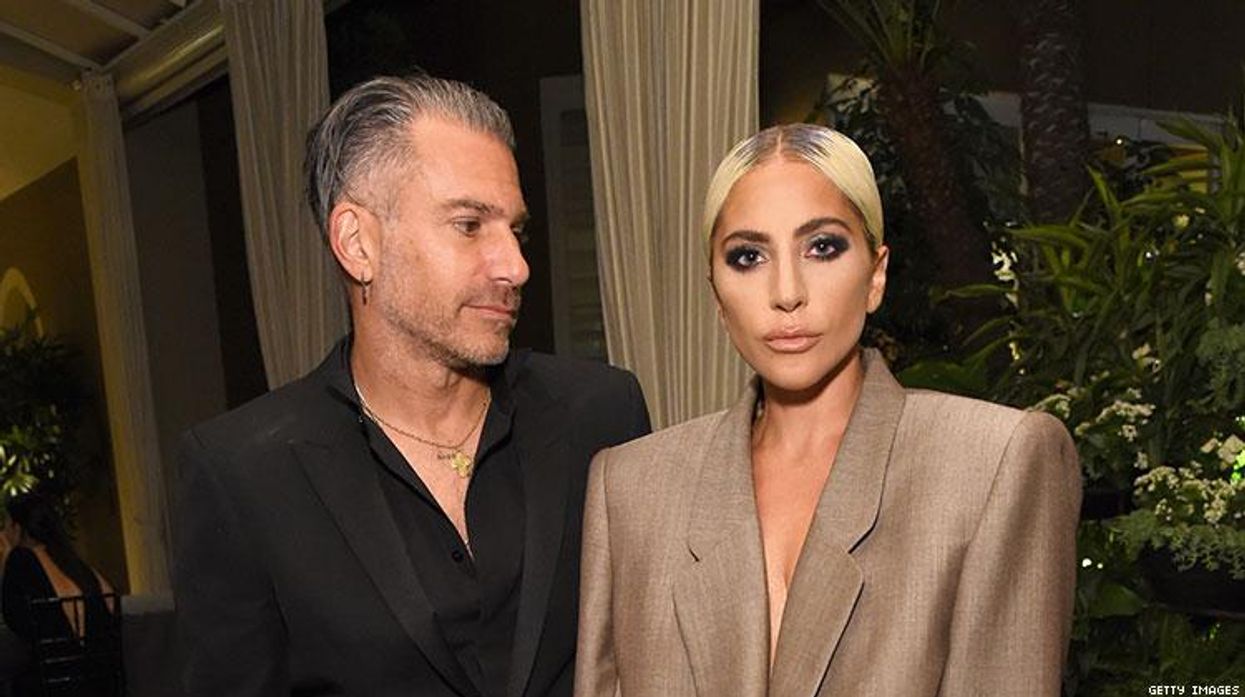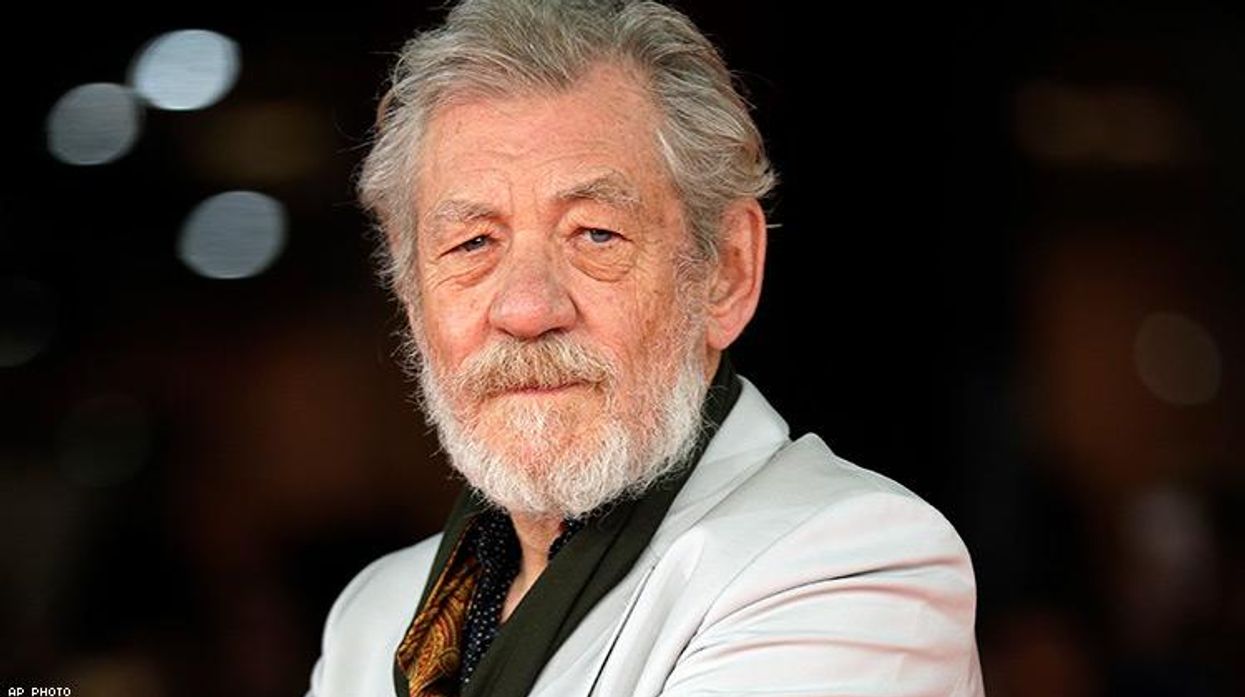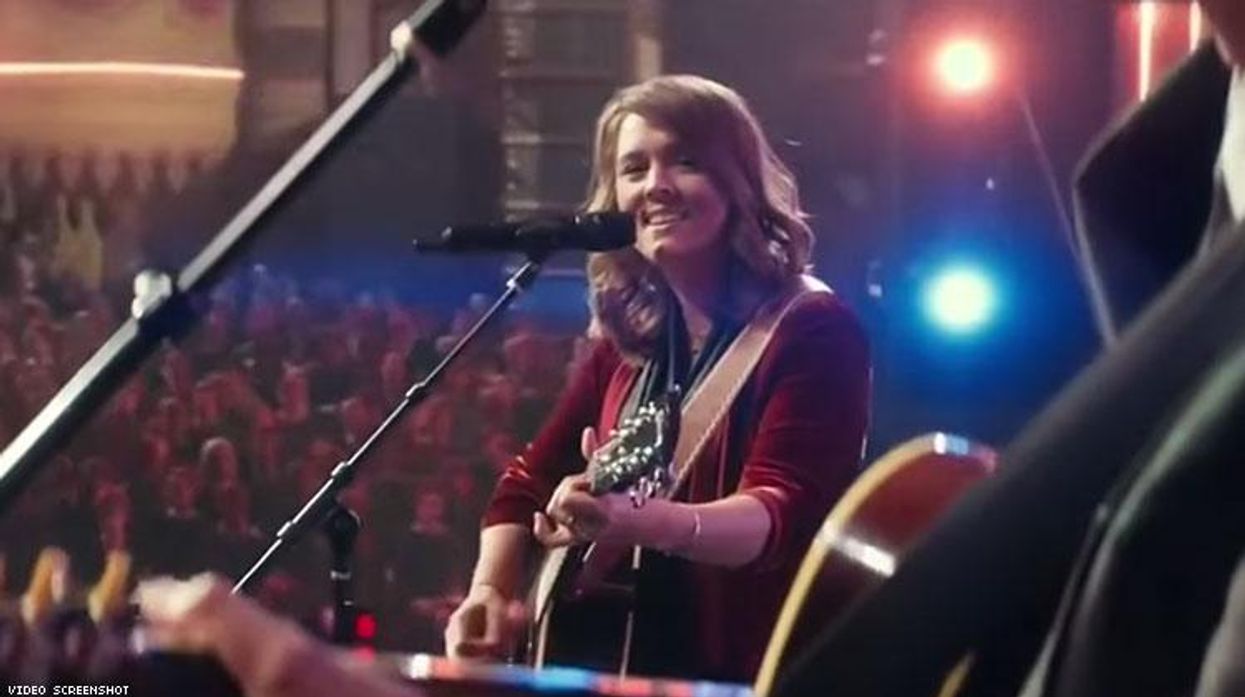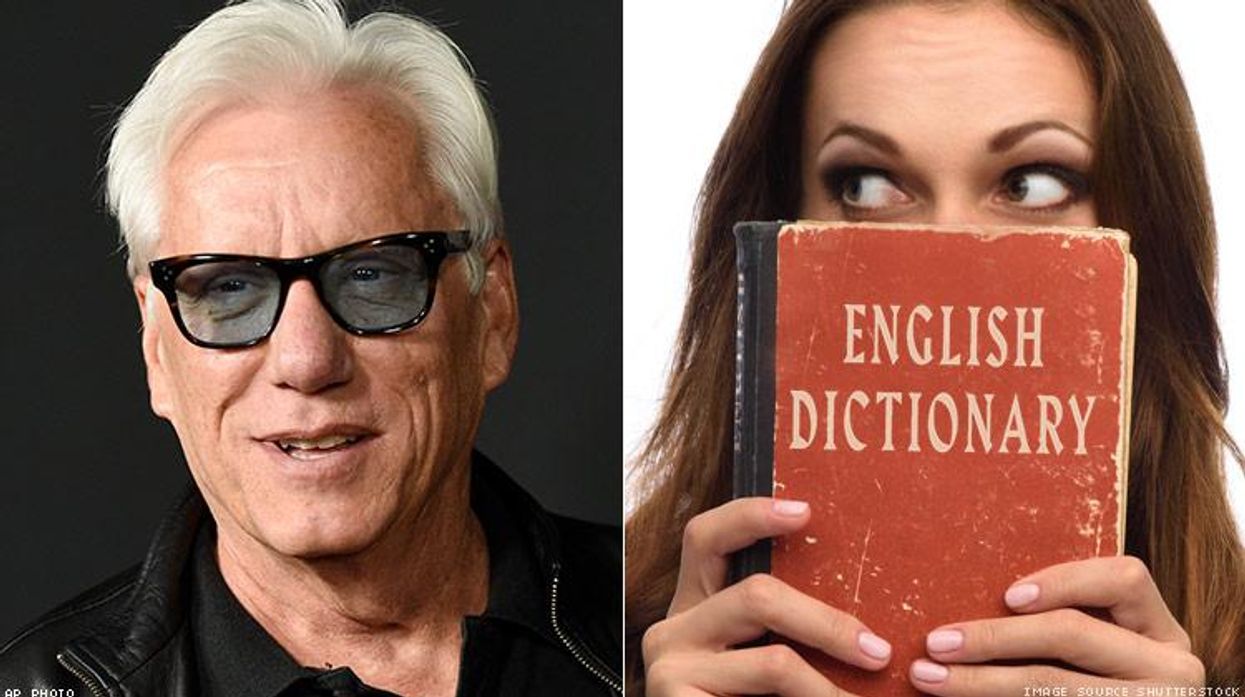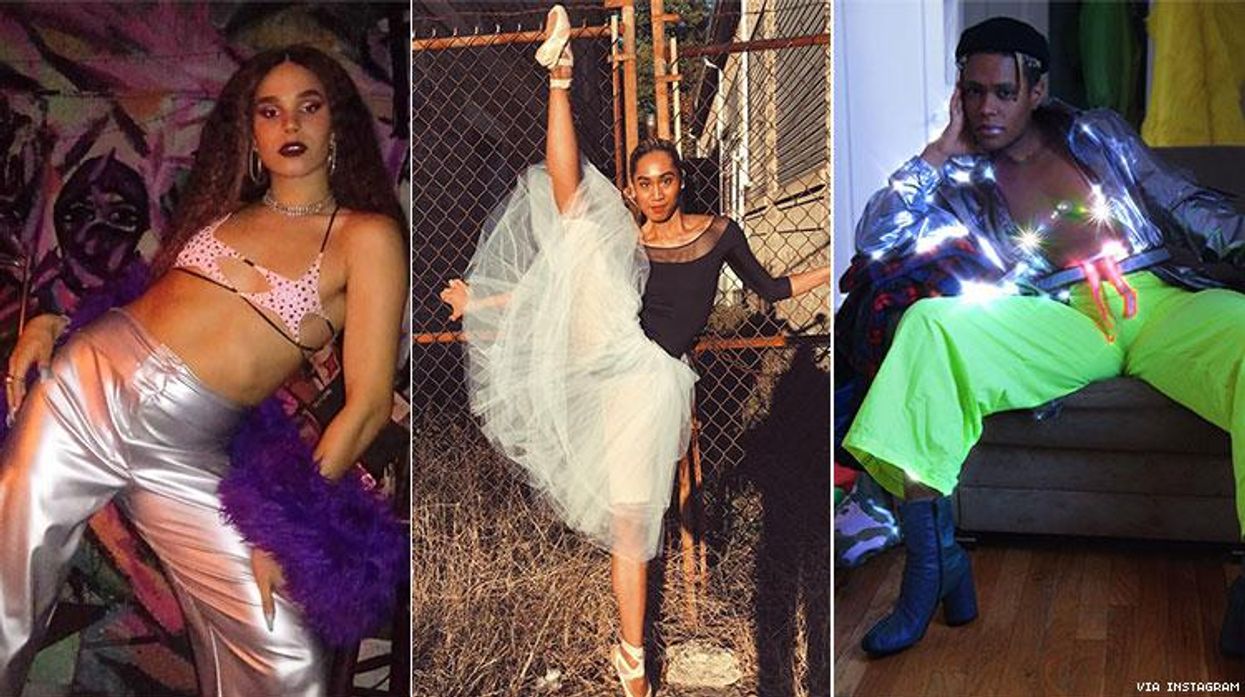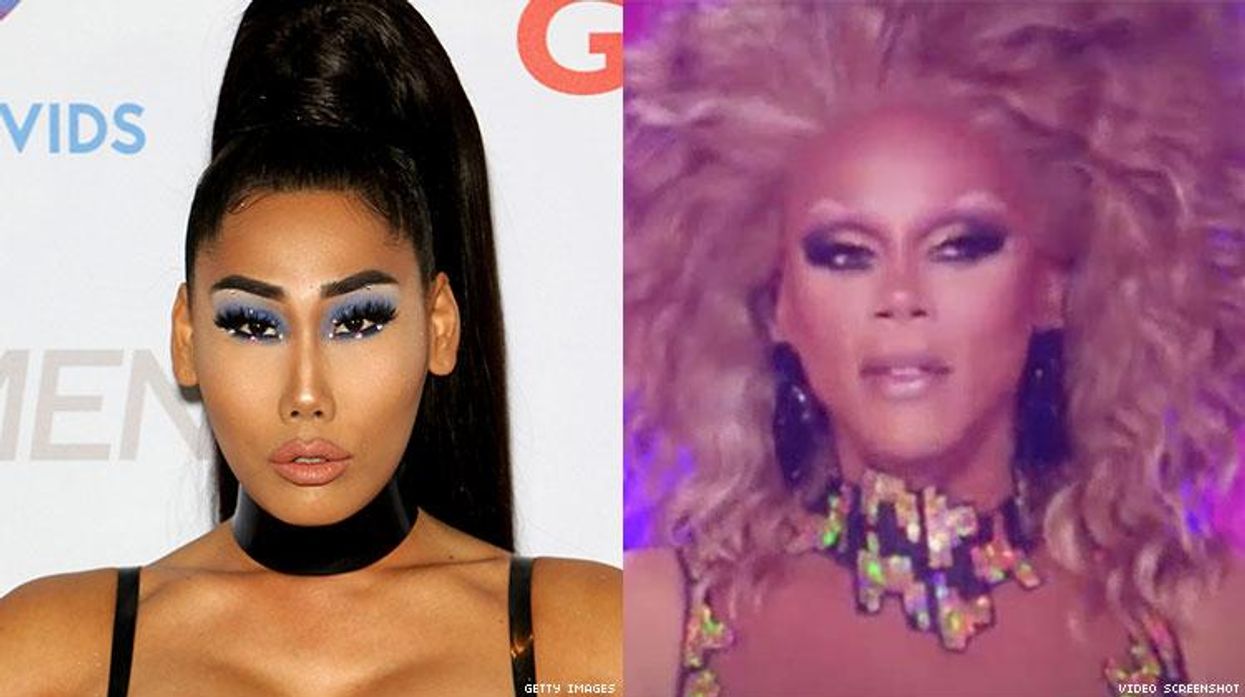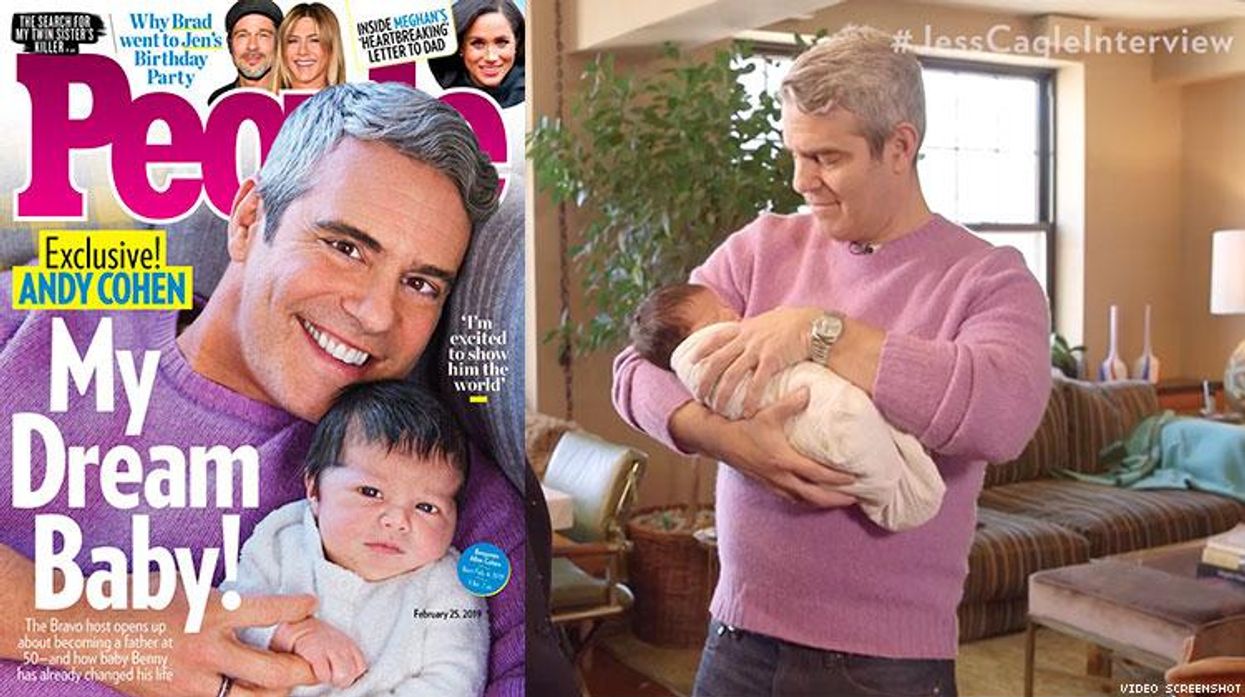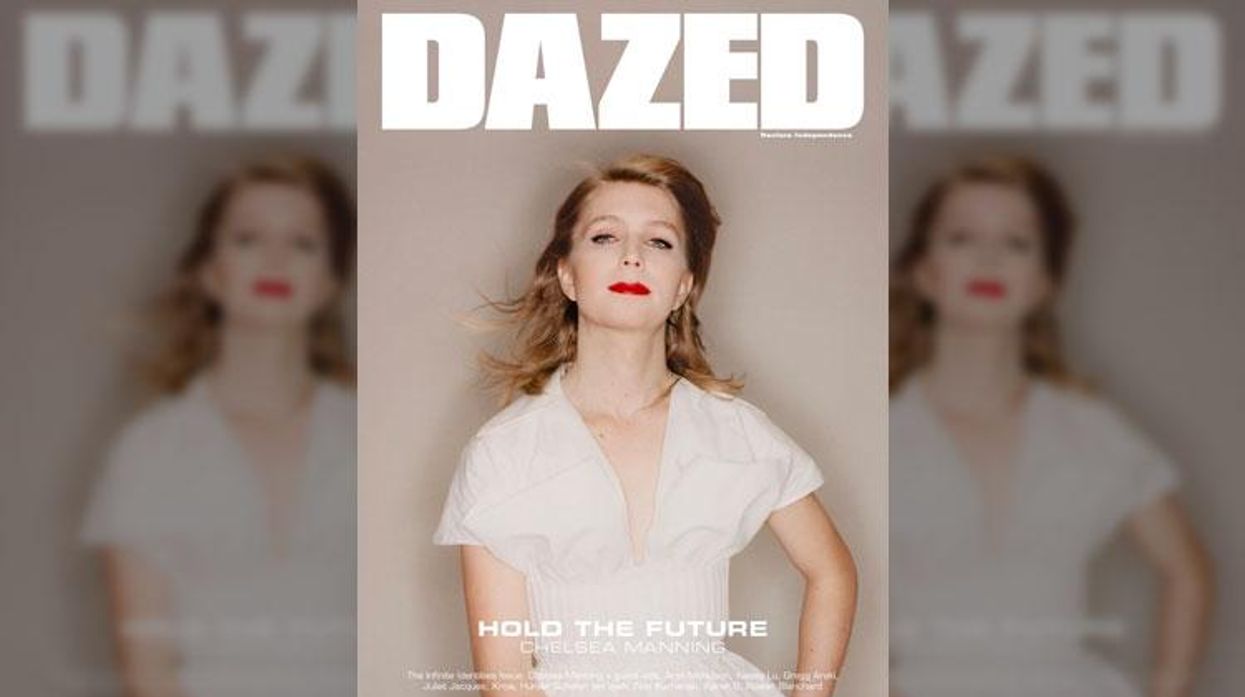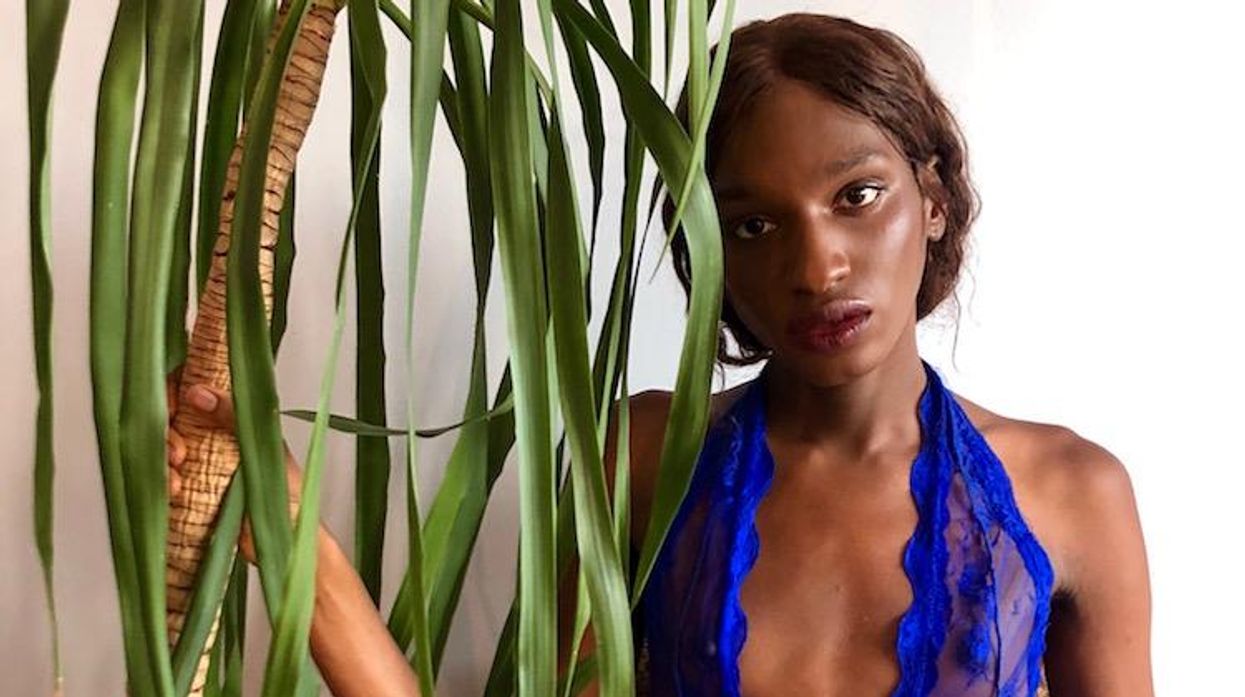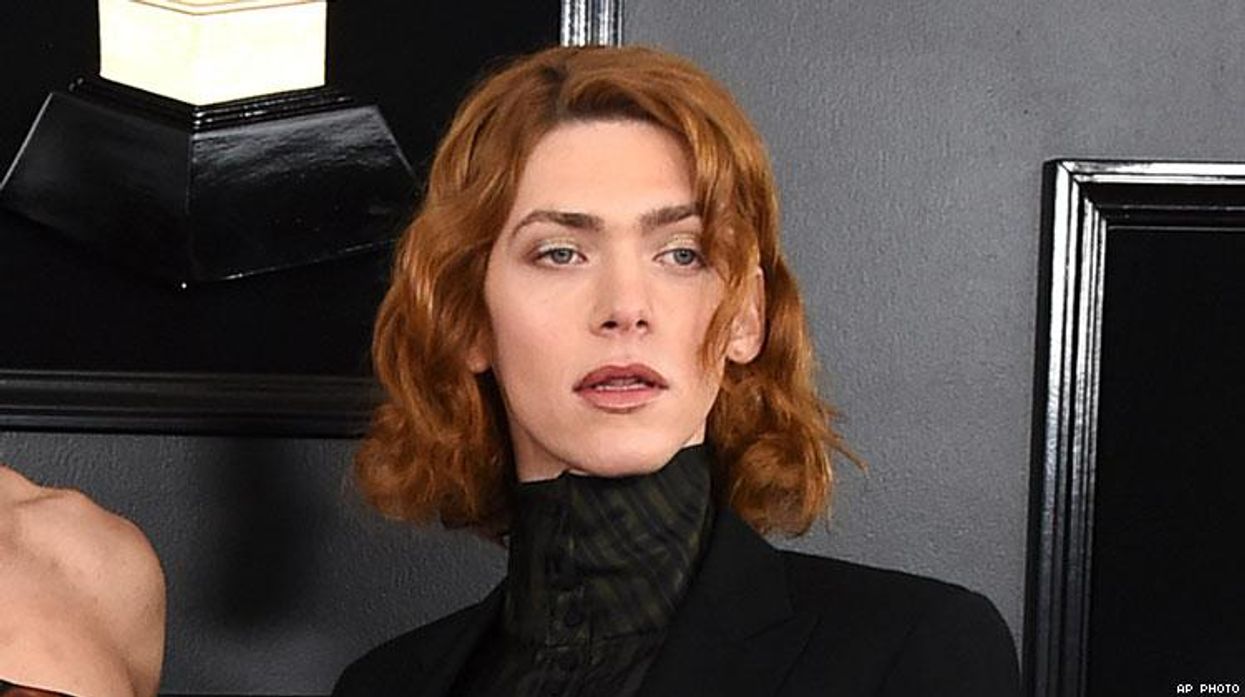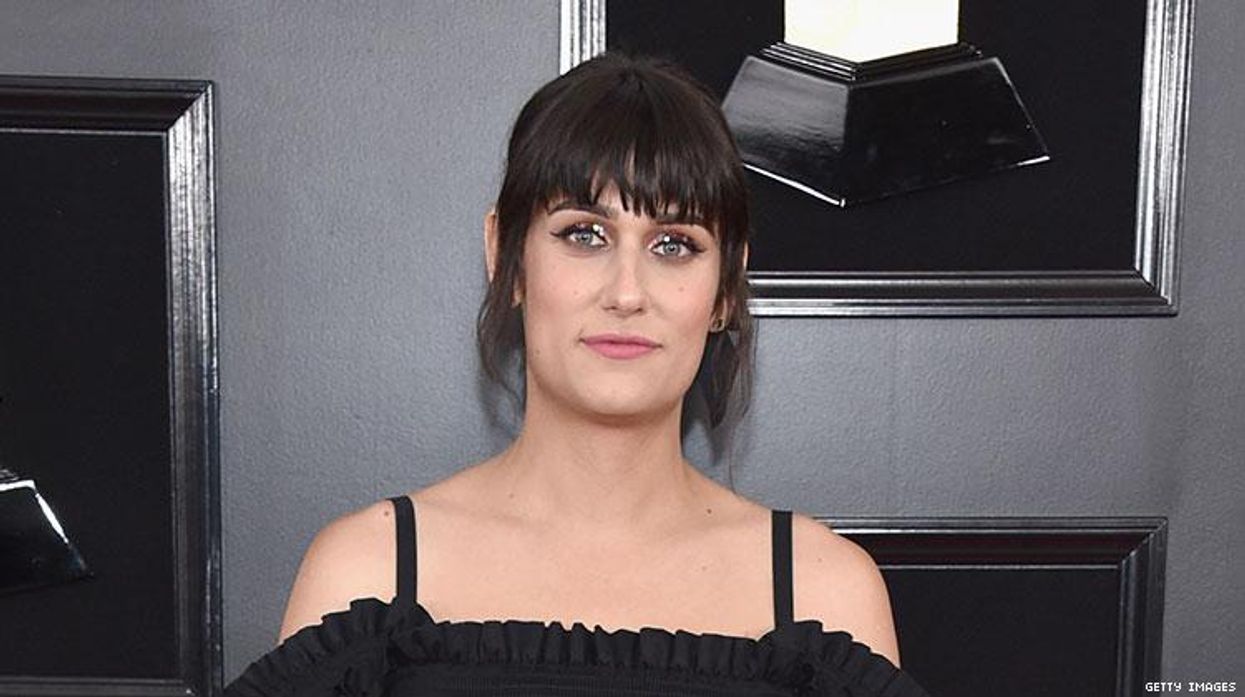Drew suggested we both climb into the back seat. It was 1995. I was 25 years old, first experiencing what people a decade younger than I had been doing for generations.
I had met Drew at Brigham Young University in Provo, Utah. I was a junior, double majoring in Russian and classics. I was balancing a grueling academic schedule, mastering upper-division Russian, studying Latin poetry, and struggling with the verbs of ancient Greek--all the while working two part-time jobs. The only place I could find a much-needed daily break was choir.
I had only recently come out as a gay man to myself and my family. Anxious to finish my education, I strictly adhered to the honor code Brigham Young enforces on all students and faculty. I kept my hair trimmed higher than my ears and collar. I never wore shorts to class. I had never tasted alcohol, coffee, or tea. I never swore and attended sacrament meeting every Sunday. And above all, I had kept the law of chastity.
That is, if you didn't count kissing another guy, which was all I had ever done. So here I was in the backseat of Drew's car, parked on a foothill of the majestic Mount Timpanogos, a well-known make-out spot. Drew had been thumbing through his CD case. "What's that?" I asked, pointing to George Michael's Listen Without Prejudice. Surprised I hadn't ever heard it, Drew put it in the car's stereo.
I had had an unpleasant relationship with George Michael's music. As every teenager of my generation, I had known him since his Wham! days. At my rural Wyoming high school, I had been made to sing a four-part arrangement of "Wake Me Up Before You Go-Go" dressed in a swing choir uniform (a blue, satin bow-tie and cummerbund), all of us awkwardly positioned-- boy/girl, boy/girl--around the wooden prop boxes. Of course, I had been aware of the great hullabaloo when "I Want Your Sex," was released as a single in 1987. Radio stations in neighboring Utah could only play the song if they bleeped out every time the word "sex" was sung. Even without an inkling of Michael's still undisclosed orientation, his music was everything I battled against as a closeted Mormon.
For years, I had slept with pajamas layered with sweatpants knotted tight to prevent a stray hand touching my genitals in sleep. I had confessed to my priesthood leaders every time I ever unwittingly masturbated, convinced by Mormon literature that the practice led to homosexuality. On the sly, I read books about "reparative" and "conversion "therapy, convinced that I could cure myself of my "inclinations."
Then in an Introduction to Attic Greek class, I began studying with a handsome classmate, whom I soon learned was married. I was crestfallen. But then I asked myself why. I hadn't thought of this man "lustfully." Every time I saw him, I felt a surge of emotion I had learned on my Mormon mission to identify with the spirit of the Lord. If an emotion led me to want to do good, I was taught, then it came from God. The fact that a man could actually fall in love with another man had never occurred to me.
So, I drove to the very foothill where I would later find myself parked with Drew. I climbed out of the car and gazing at the moon rising over Utah Valley below, I thanked my heavenly Father for the very part of myself I had prayed for years for him to cut away and crush.
Now I was back in the same spot, this time with another man, treading into uncharted and seemingly dangerous territory. Unlike most of the other gays I had met, I had never experimented with other guys before coming out. It was nearly a year later since I had offered that prayer, but sexuality and dating were still largely theoretical. Yet here I was with handsome, broad-shouldered Drew, in the back seat of a car, the music of an artist I had viewed as dangerous insisting itself on my ears.
Soon the album took a strange turn. On the fourth track, a few sad chords on piano rang out and then a lilting, waltz beat was struck. Drew, still sitting on the other side of the car, leaned back and rested his head on my lap, as George Michael sang:
I know you think that you're safe, mister.
Harmless deception
That keeps love at bay.
It's the ones who resist that we most want to kiss
Wouldn't you say...
With a tremor in my hand I reached out to stroke the hair at Drew's temples. I was hearing something I had never heard before: a man singing lovingly about the beauty of another man. I took my thumb and traced the prickly contour of Drew's eyebrow, the bridge of his nose, his cheekbone, the stubble along his jaw, the brutal boundary between chin and lips.
Cowboys and angels
They all take a shine to you
Why should I imagine that I was designed for you?
Why should I believe that you'd stay?
But that scar on your face
That beautiful face of yours
Don't you think that I know
They've hurt you before?
We kissed briefly; we listened to "Cowboys and Angels" two or three times holding each other tears streaming down my face. Unlike me, Drew still wasn't sure he wanted to be gay.
The next morning, I had to work early. I had just been promoted at my library job to manage requests made for books housed in a large warehouse on the edge of campus. But that morning, I did not want to work, or even read some of the "banned" books hidden away in the warehouse--works by Masters, Johnson, Kinsey, Sedgewick, Whitman. I needed desperately to figure out what had happened with Drew the night before. I stepped into the warehouse that next day in the grip of a too familiar guilt. I felt the old urge, practiced thousands of times to kneel and ask for forgiveness. But what did I have to be forgiven? For listening to some music? For holding another man in my arms?
I would not go back to that shame-filled existence, but I needed to do something. And so, I sang. First it was hymns, the sad and penitent ones, then hymns of thanksgiving. "All Creatures of Our God and King." "Amazing Grace." I transitioned to folk songs. Russian ballads I'd learned in conversation classes. American and British ones I'd learned in childhood. "The Water is wide, I cannot cross over."
Then I sang of love, all the songs I had never really understood until that moment in the back seat of Drew's car listening to George Michael. I recalled the songs women sang to men and for once, I didn't switch the pronouns. It was finally the "Boy from Ipanema." Roger and Hammerstein's "We Kiss in a Shadow," suddenly became about me and men like me.
While many will remember George Michael for his sexy videos and catchy dance tunes, I will always be grateful to him for that moment: as I wandered the long rows of forgotten and dangerous volumes, my baritone reverberating through the cavernous space. Discovering for what seemed like the first time the "harmless deception" of love songs composed for the masses--meant just for me.



